Interview of the Commissioner for Human Rights (Ombudsman) of Turkiye, President of Organization of Islamic Cooperation Ombudsman Association (OICOA) Seref Malkoc to Report.
- You visited Shusha, the cultural capital of Azerbaijan. What are your impressions?
- Karabakh and surrounding areas have been under occupation for 30 years. From this point of view, the 44-day Patriotic War under the leadership of President, Supreme Commander-in-Chief, Ilham Aliyev, was of special importance. During the war, we visited the area around Shusha at the invitation of my colleague Sabina Aliyeva. At that time, we got acquainted with the atrocities committed by Armenians against Azerbaijan and documented the facts. Last year we visited Shusha for the first time and saw the destroyed historical and architectural monuments. We also carried out some work on mined areas.
The purpose of this trip was to attend a meeting of the parliaments of Turkic-speaking countries on human rights. We also wanted to go to Shusha since we last visited Shusha 8 months ago. At that time, Fuzuli airport had not been launched yet. This time we saw Fuzuli airport, as well as Victory road ready. It is very gratifying to see that reconstruction work is underway in Shusha. Of course, the liberation of the lands is a significant historical event. Therefore, I take this opportunity to once again congratulate the people of Azerbaijan.
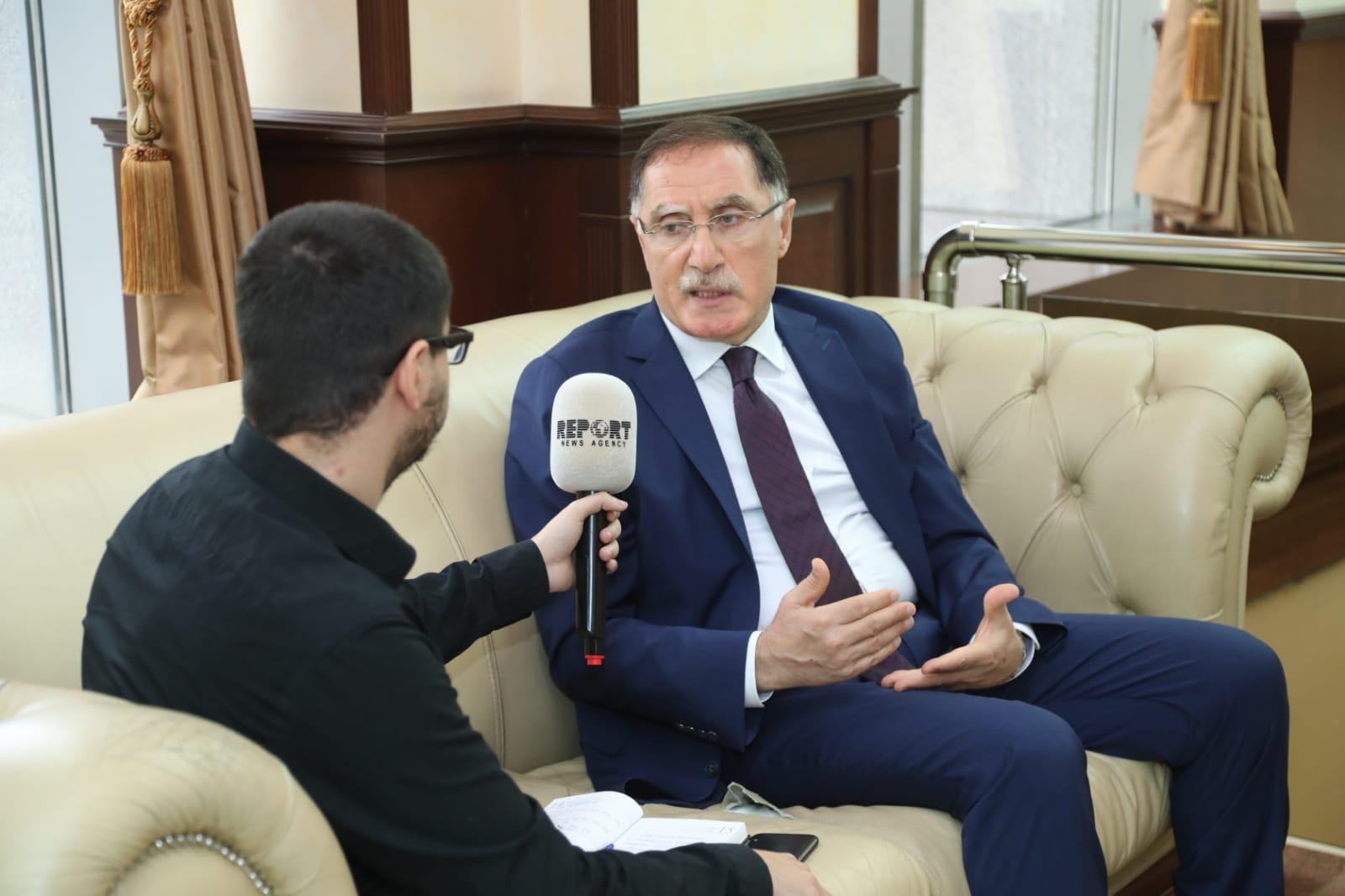
- How do you assess the relations between the ombudsmen of Azerbaijan and Turkiye?
- Of course, our ties are close and they will develop further. Probably, the number of our joint events will increase. Undoubtedly, there is a need to expand links between the ombudspersons of the Turkic-speaking countries, including the organizations of Azerbaijan and Turkiye.
- As you know, Armenia has not yet provided Azerbaijan with a map of minefields. What steps do you think the international community should take?
- An international pressure mechanism must be established against Armenia. The influence mechanisms of relevant agencies, including the UN, should start. It is one of the main conditions since mines are the wildest weapon in the world. Among the weapons, the most serious casualties are mines. Therefore, everyone must do their part.
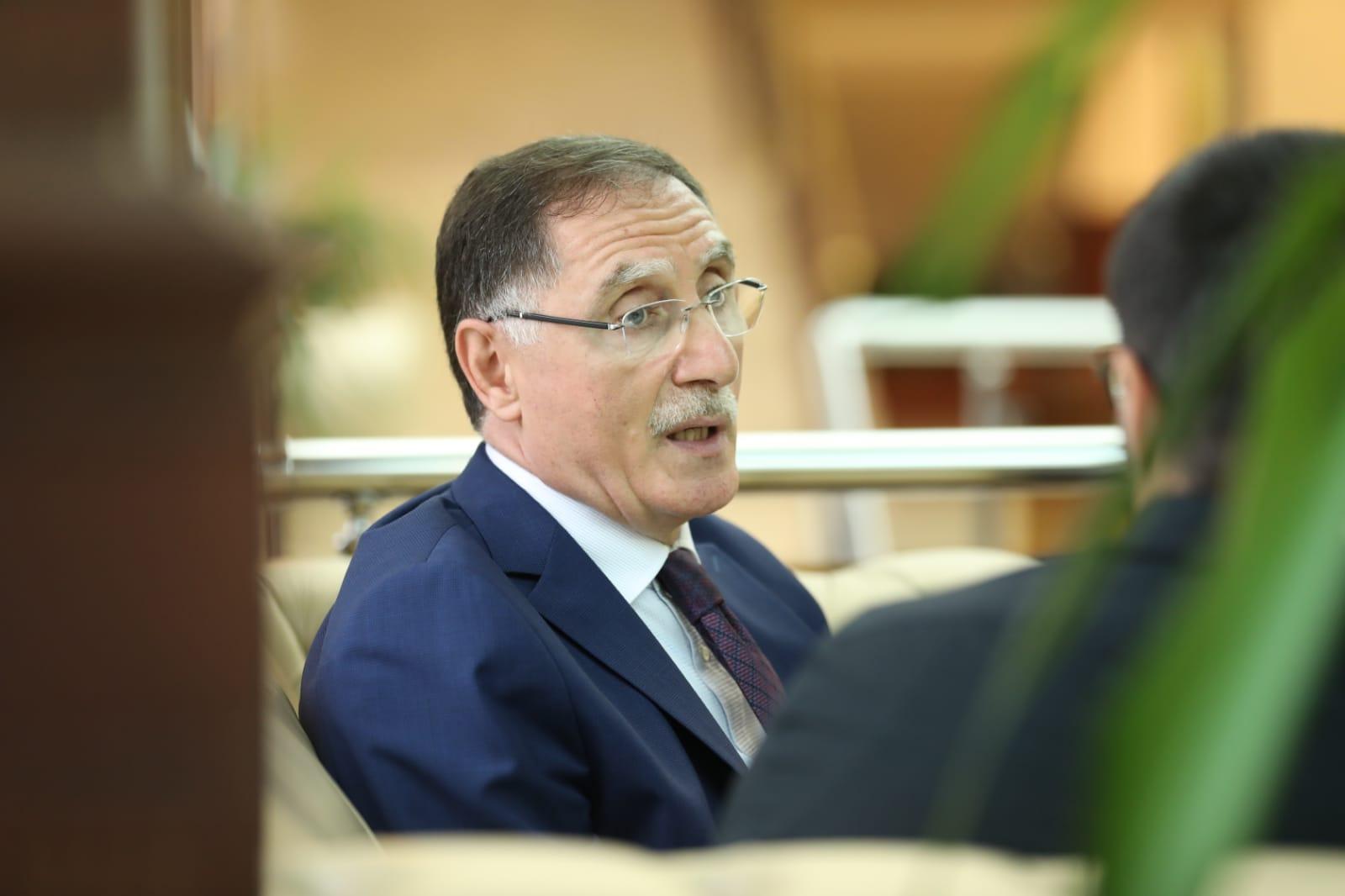
- You are also the President of the Organization of Islamic Cooperation Ombudsman Association (OICOA). What can the association do in this direction?
- We have prepared the necessary documents. Certain work is being done by Azerbaijan and relevant agencies. Of course, we are with Azerbaijan as OICOA.
- Does the OICOA have a unified position on the crimes committed by Armenia in Azerbaijan?
- There is an Islamic world of two billion people. Of course, it is natural that each country has its own problems and priorities. Our goal in establishing the OICOA is to ensure the protection of justice in the Islamic world. On May 13 this year, the Association of Ombudsmen of Turkic-speaking countries was established in Turkiye. Of course, this is to further develop relations. We will continue to ensure the fair voice of the Turkic-speaking countries in the world and try to set an example to the international community in this regard. Of course, any result can be achieved with diligence and hard work. The main thing is to be on the side of truth and justice.
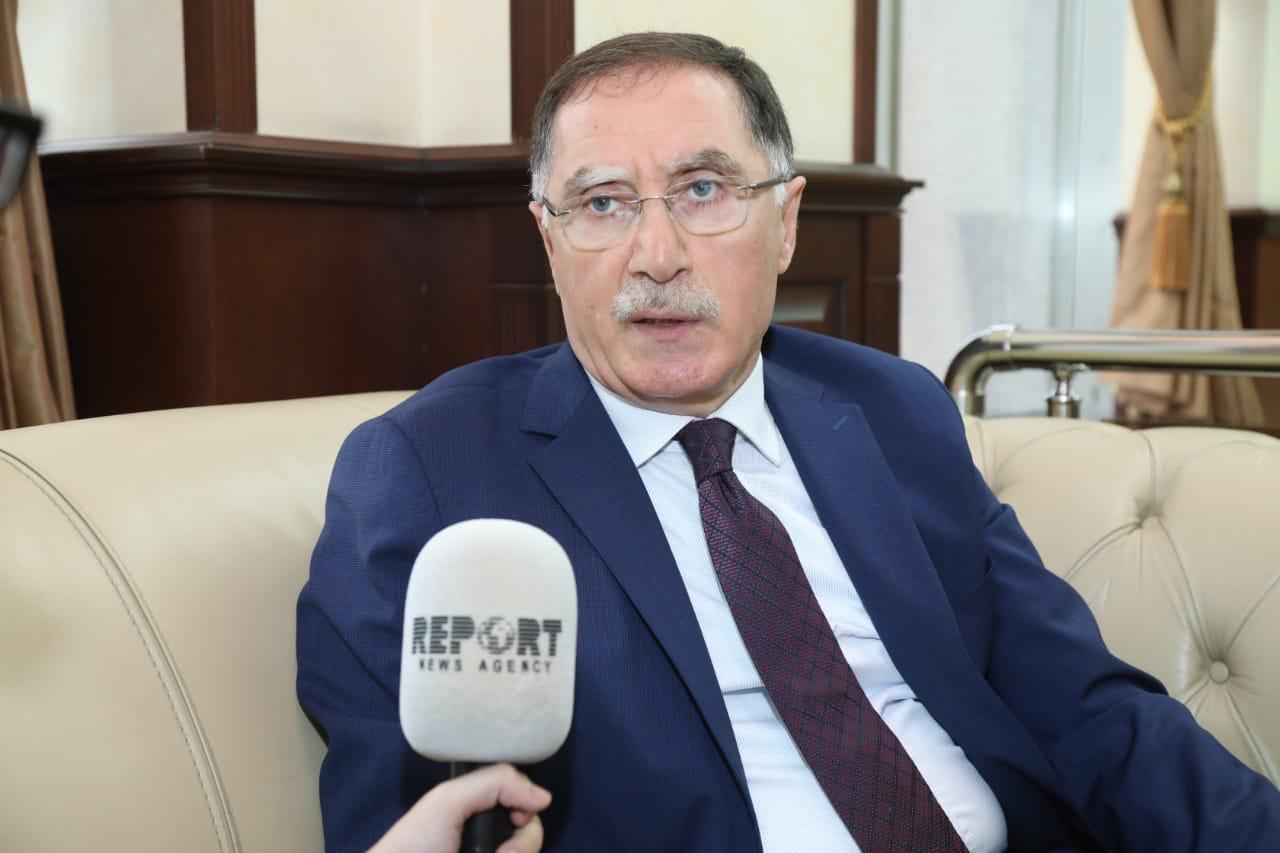
- Mr. Sheref, for 30 years, the UN, the OSCE Minsk Group, and other international organizations have not taken steps to resolve the Karabakh issue. Finally, Azerbaijan responded to the next provocation of the enemy with a counterattack. Do you think it is possible to rely on international organizations from now on?
- Of course, we will no longer rely on international organizations. However, it must be borne in mind that the essence of the UN is to deal with these issues, including the prevention of wars and the "cleansing" of minefields. That is, there is no need to rely on the UN. Only then should the relevant committees of the organization be encouraged to do their job. Efforts should be made in this direction.

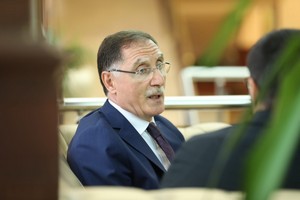
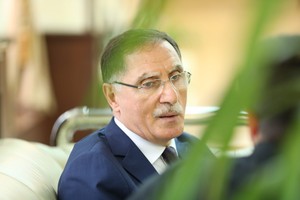
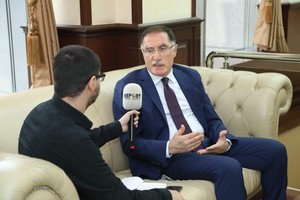
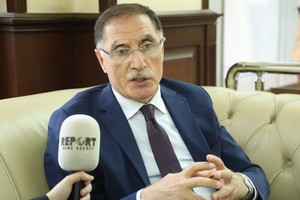
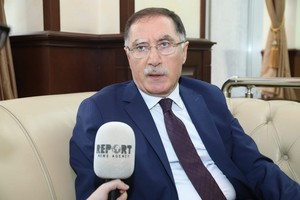


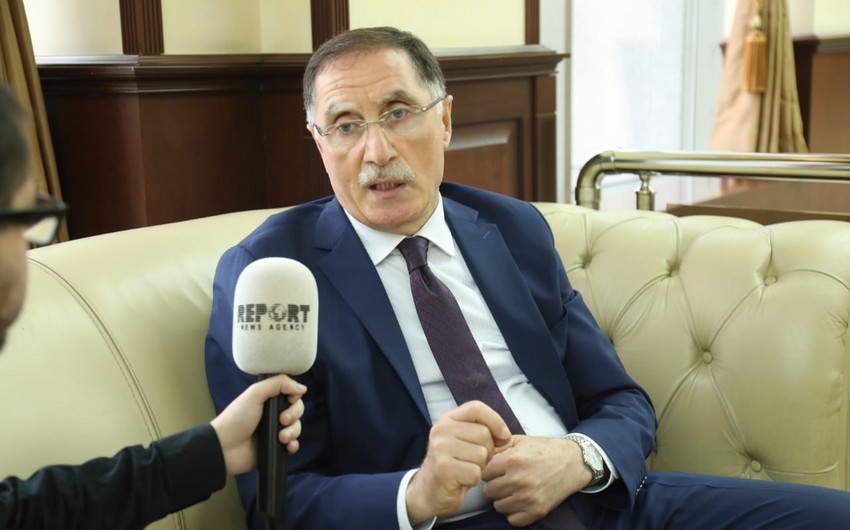 https://static.report.az/photo/a557618c-6e80-3807-b78b-c50200648c9f.jpg
https://static.report.az/photo/a557618c-6e80-3807-b78b-c50200648c9f.jpg

